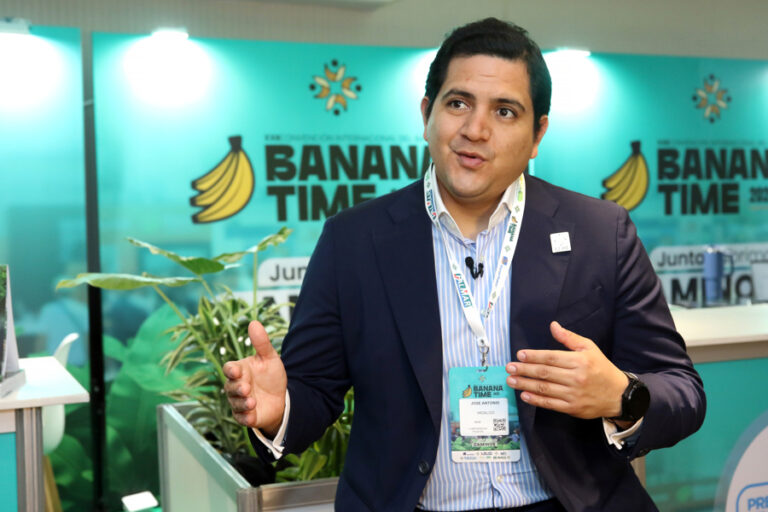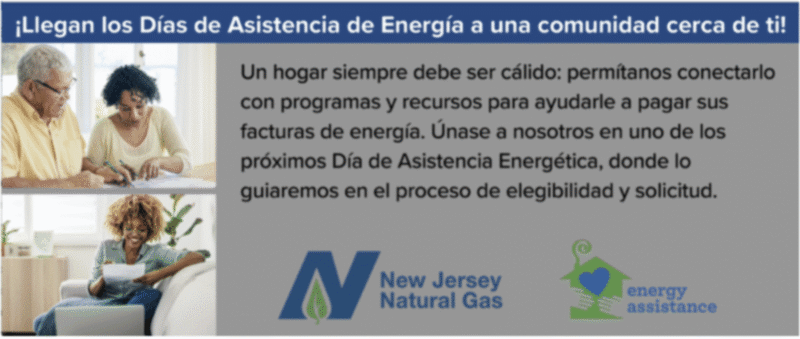
Ecuador’s banana exports grow despite Trump tariffs!
Guayaquil, Ecuador, Oct 28 (EFE).-
Tariffs imposed by U.S. President Donald Trump have not stopped Ecuador, the world’s top banana exporter, from boosting shipments to the United States this year, a trend exporters say challenges Europe’s artificially low banana prices.

José Antonio Hidalgo, executive director of the Association of Banana Exporters of Ecuador (AEBE) and coordinator of the Ecuadorian Banana and Plantain Cluster, told EFE that exports to the U.S. market have grown 8.39% in cargo volume since early 2025, despite the Trump administration’s tariffs that were raised from 10% in April to 15% in August.
“U.S. supermarkets have passed these costs on to consumers, yet people are still buying far more bananas than any other fruit,” Hidalgo said during “Banana Time 2025,” Ecuador’s flagship banana industry convention and the largest of its kind in Latin America.

By July, Ecuador’s banana exports to the United States were worth $377 million, up 14.6% from the same period in 2024. The U.S. is Ecuador’s largest banana market after the European Union, Russia and the Middle East.
“We realized that passing on those costs didn’t hurt demand; it actually increased it. That’s the message for Europe,” Hidalgo noted.

Fair pricing in Europe
Hidalgo emphasized that the value chain still faces challenges, particularly the need to fairly recognize the banana’s real value and the effort of producers, especially in light of sales strategies that keep retail prices too low.

“Now (with the U.S. tariffs), we see proof that when prices go up, consumption also rises,” he said.
“We have to stop being the cheapest fruit on supermarket shelves in Europe. Supermarkets must take responsibility toward consumers,” he added, stressing that bananas “should be sold with an appreciation of the fair stories behind sustainability, safety and quality.”
The German supermarket chain Aldi participated in “Banana Time 2025,” held in Guayaquil from Oct. 14–17, to explain its long-term purchasing policy aimed at ensuring fair prices for consumers and producers alike.
“That was an important message for the global industry. We hope more supermarkets will follow that example,” Hidalgo said.

Growth outlook in Asia
In the Asia-Pacific region, AEBE sees opportunities for Ecuador to expand exports of its “premium bananas” to China, South Korea and Japan, thanks to its roughly 310,000 hectares of banana and plantain plantations and the gradual reduction of import tariffs in those markets.
Hidalgo cited South Korea as the best example: when the government temporarily cut tariffs on Ecuadorian bananas from 30% to 0% for one year, exports to that market surged by 200%.

In 2024, Ecuador’s banana exports to South Korea totaled $46 million, up from $15 million in 2023. By July 2025, sales reached $33 million, a 23% increase over the same period in 2024.
AEBE expects a similar trend in China, where a free trade agreement that took effect in 2024 will gradually reduce tariffs by one percentage point per year until they reach 0% in 2034. EFE
EFE published this report with the support of the Association of Banana Exporters of Ecuador.





